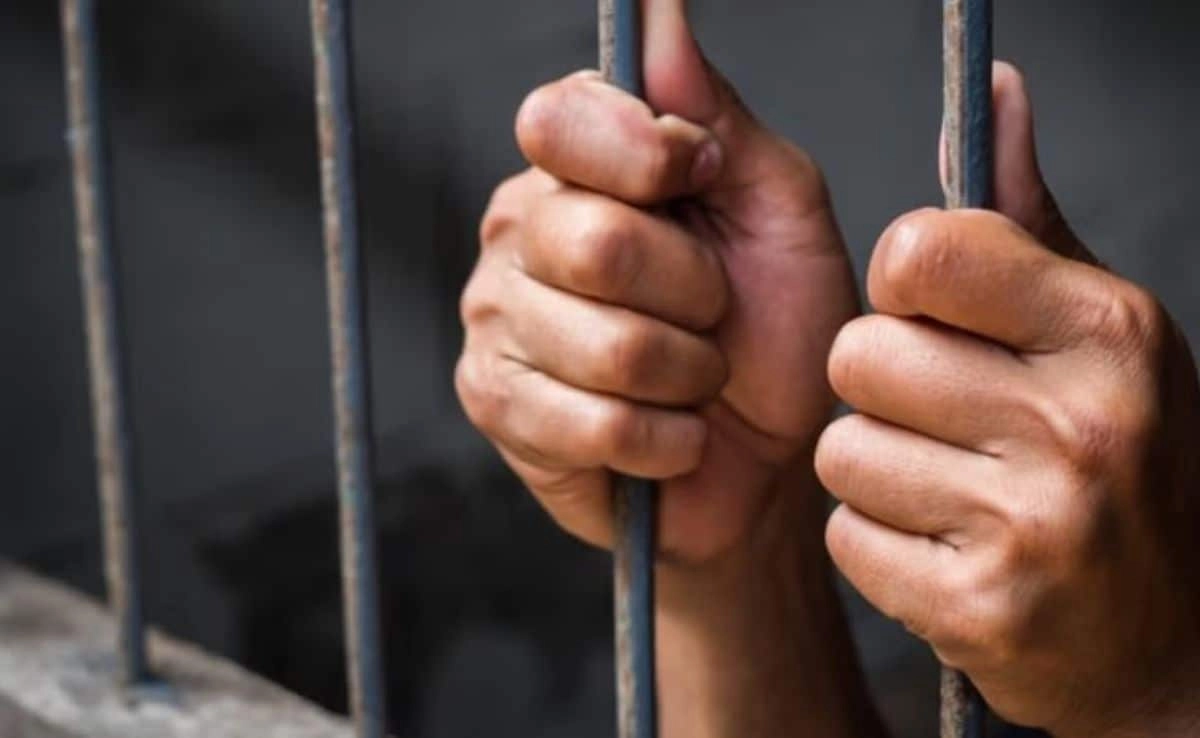In a significant breach of security, four individuals who were under trial for serious offenses, including rape and violations of the Protection of Children from Sexual Offences (POCSO) Act, managed to escape from a jail in Chhattisgarh. This alarming incident raises concerns about the effectiveness of the prison system and the measures in place to prevent such escapes, especially for individuals charged with heinous crimes that necessitate stringent oversight and control. The escape not only poses a threat to the community but also undermines the legal processes intended to ensure justice for victims of sexual violence and exploitation.
Authorities have launched an extensive manhunt to recapture the fugitives, emphasizing the urgency of the situation given the nature of their charges. The escapees are believed to have exploited vulnerabilities in the prison’s security protocols, prompting a review of existing measures and the need for immediate enhancements to prevent future occurrences. This incident highlights a broader issue within the penal system, where the safety of both inmates and the public can be compromised due to systemic failures or lapses in management. The implications of such escapes are far-reaching, affecting not only the individuals involved but also the communities they return to, potentially leading to further crimes.
In response to this incident, officials are facing pressure to implement more robust security measures and to ensure that those awaiting trial for serious offenses are adequately monitored. It also raises questions about the judicial process and the adequacy of detention facilities in handling sensitive cases, particularly those involving vulnerable populations, such as children. The case spotlights the critical need for reforms in the criminal justice system to better safeguard against the risks posed by dangerous individuals, ensuring that victims’ rights are upheld and that justice is served effectively. As the investigation unfolds, it will be essential for authorities to address these systemic issues to restore public confidence in the safety of the legal system and the protection of vulnerable individuals.




